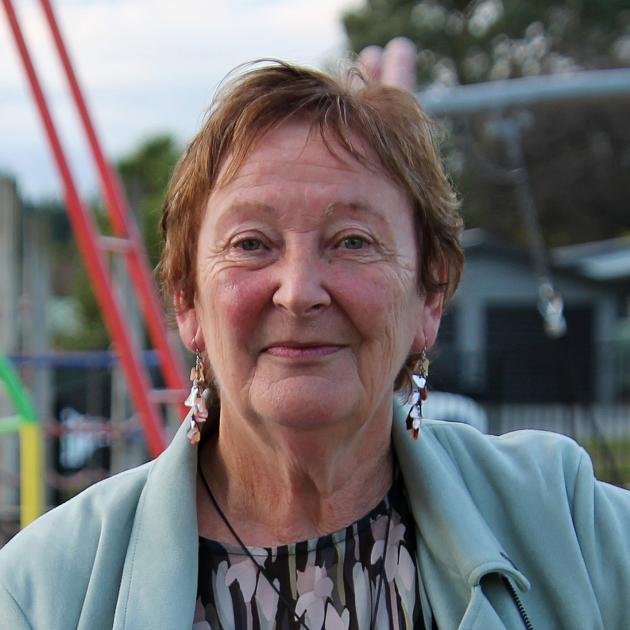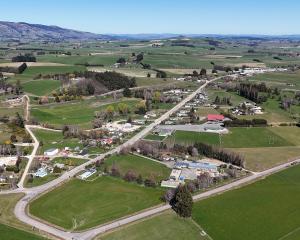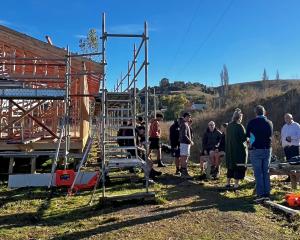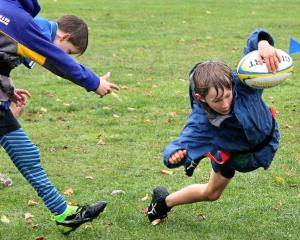
Kaitangata Primary School principal Anneta Payne, chairwoman of the South Otago Principals’ Association said she was pleased the government had earmarked $640 million for learning support as it was the biggest challenge facing teachers.
"The number of neurodiverse students and students experiencing trauma or severe anxiety resulting in behavioural distractions in classes is steadily growing," she said.
"Looking at learning support announced [in the Budget] I am certain there will be a lot of happy teachers and school leaders. There is a lot of additional support which will benefit children ... We would like to see funding for every classroom to have a learning assistant to support learners with special needs."
But a shortage of relief teachers, the pace of change in curriculum and mixed messages from the Ministry of Education were hurting the sector’s morale and ability to deliver, she said.
"[The ministry] delivers one message to us ... patting us all on the back for the wonderful job schools are doing. Then we see media releases . . . saying the education sector has been missing the mark, achievement is poor ... That hurts."
"Two new curriculum documents [were] finalised in term 4 last year, with schools expected to implement these in 2025 ... [with] another five curriculum documents to be in draft next year for implementation in 2027.
"In general, we are quite supportive of the new curriculum documents as they provide more detailed expectations ... It’s just the whirlwind implementation that is proving a challenge — the new year 0-8 maths curriculum document alone is 101 pages long."
She pointed out nothing was removed from teachers’ existing workloads to make room for new expectations and responsibilities added by successive governments.
South Otago High School principal Mike Wright was chairman of the Otago Secondary School Principals’ Association until the end of last year.
His take was in line with Mrs Payne’s and he also raised the issue of overall teacher shortage.
"Recruitment of teachers into schools is also challenging ... particularly for the sciences, maths and technology," he said.
"Recruitment from overseas is not necessarily the answer ... You may bring a teacher into New Zealand who then needs to understand the assessment practices and the culture of New Zealand schools while also adapting to the unique perspective of matauranga Māori."
He said New Zealand needed to train its own teachers to meet a growing need created by retirement and professionals changing careers, roll growth with population increase and students staying in school longer.












